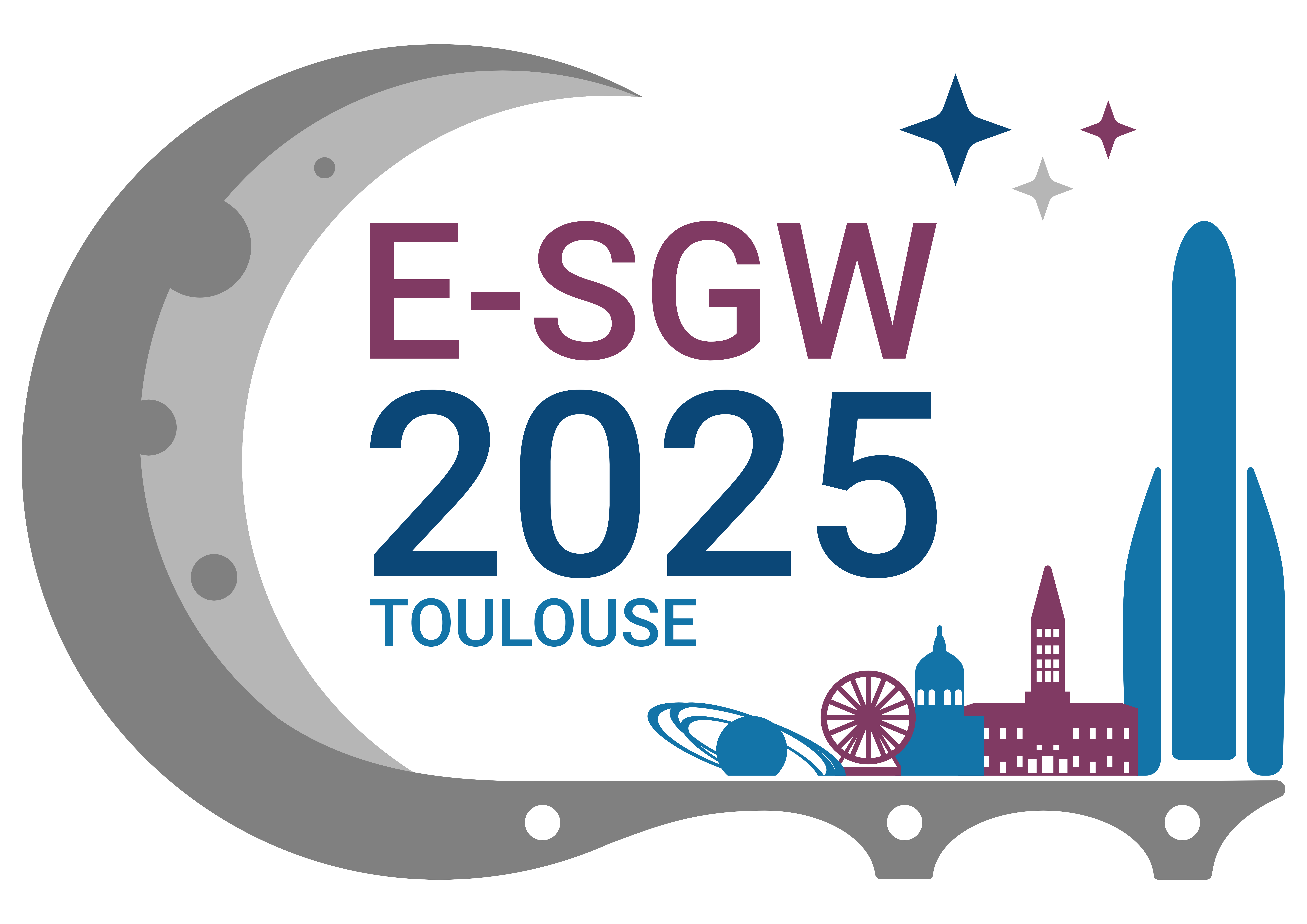Colombian analog station is an interdisciplinary initiative in response to achieve an accessible and affordable scenario for space latin-american researchers, whose main focus is those with low-budget for this research realm. In this sense, the aim of this project is to design and build an open-source, low-cost analog station in Colombia that could work as a development platform for the study of crew performance in planetary settlements and isolated environments, available to emergent space countries in the region. Also, the methodology and experience of this project could be a roadmap for the creation of similar initiatives in other parts of the developing world.
To achieve this goal, we propose the building of an analog station with geodesic domes as the main structures. This facility will be capable of housing 3 or 4 crew members for rotations between 1 day and 2 weeks. Also, it would include about 3 to 4 geodesic domes, including a science dome, a 4 bedroom habitat, a restroom, a kitchen with a dining table, and a workstation. For Extravehicular Activity simulations, the station will have two Condor 2.0 spacesuit simulators and a mock airlock, both systems were designed and developed by Colombian researchers and students and are ready to use.



